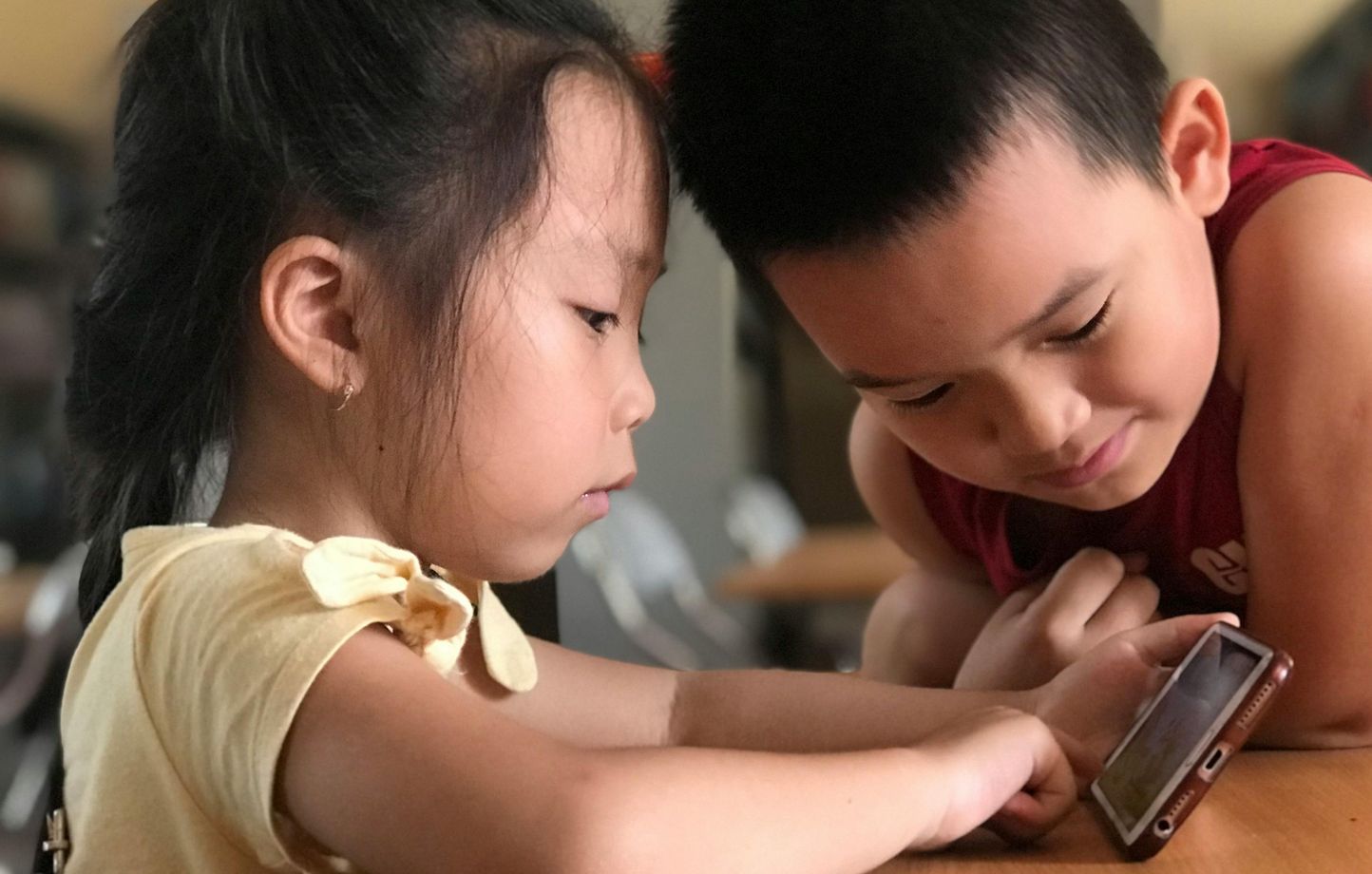Wellness Exchange: Health Discussions
China Limits Teens to One Hour of Smartphone Use
(upbeat music) - Welcome to Quick News. This is Ted. The news was published on November 20th Wednesday. Today's discussion is on China's new regulation restricting smartphone usage among youth. Eric, Kate, let's unpack these new rules. First off, the administration wants to limit screen time to one hour for under 16s and two hours for 16, 18 year olds. What do you think of this restriction? - This is a great move, Ted. Kids these days spend way too much time on their phones. Limiting screen time helps them focus on studies and physical activities. - Well, Eric, that's oversimplifying it. Teens need connectivity in this digital age. Cutting off their screen time feels like an out-- - Digital balance is essential. Ever heard of dopamine addiction? Smart phones are designed to be addictive, and this regulation can help mitigate that. - Sure, balance is good. But forcing limits, it can harm social interactions and learning opportunities-- - What's your take on the minor mode feature sending notifications for breaks after 30 minutes and filtering content? - Notifications for breaks are excellent. Kids need these reminders and filtering inappropriate content. It's about time we had something like this. - Eric, let's be real. Notifications will be ignored or disabled, and who decides what content is inappropriate? There's too much scope for-- - Parents are given control to manage these settings, Kate. It's about guiding kids, not censoring. - That's assuming parents have that kind of tech savvy. Not all do. It could end up causing more confusion within-- - What about the no apps between 10 p.m. and 6 a.m. rule unless parents opt out? Thoughts? - Good call, sleep is vital for young minds. This avoids late night distractions. - But Eric, not every teen has a nine to five schedule. This rule is rigid and doesn't care-- - It's a step toward enforcing healthier habits, Kate. - Or it's just another way of controlling behavior. - And let's not forget-- - Let's compare China's new smartphone rules with another similar regulation in history. How does this remind you of previous attempts to control youth behavior digitally or otherwise? - Looking back, Japan's 2011 game curfew law strikes a resemblance. They limited gaming time to address addiction and educational decline. - But Eric, Japan's law faced huge backlash for invading personal freedoms. And it wasn't very effective. - That's true, but it did spark conversations on the importance of regulating screen time, which is beneficial. - Yet it treated all families the same without considering individual circumstances-- - Leading to-- - How effective was Japan's curfew and changing youth habits and what can China learn from it? - Japan saw a temporary dip in gaming during restricted hours, but ultimately it brought awareness, which is crucial. - On the flip side, it showed that blanket rules don't work. It led to a black market for unregulated gaming and more relevant-- - Do you think China will face similar backlash or find success in this policy? - I believe China could see better results by integrating lessons from Japan, like stressing education about digital habits more than enforcement-- - Or it could completely backfire. Increasing resentment and leading to secretive phone usage ultimately defeating the purpose-- - Ultimately, every step toward healthier digital use among youth is a step in the right direction. - Not if it's at the cost of personal freedom and trust between parents-- - Let's move to the future implications. Based on this regulation, what could be the positive versus negative long-term outcomes? - Positively, we could see enhanced focus on education, better sleep hygiene, and reduced mental health issues among youth. - Or negatively, we could see increased dependence on underground apps. More stress on families and a widened-- - How might this affect the digital landscape for youth 10 years from now? - It could create a generation more mindful of their screen time and better equipped for real-world interactions. Alternatively, it could stunt technological fluency and adaptability, crucial skills for future-- - What about the role of parental control in this regulation, effective or problematic? - Effective as it empowers parents to guide their children's digital use appropriately-- - Problematic, as it places undue pressure on parents to police technology instead of fostering open communication about its youth. - Could this inspire other countries to adopt similar measures? - Absolutely, especially in regions already concerned about screen addiction and mental health. - Possibly, but only if it proves successful without infringing on personal freedoms-- - Eric, final thoughts on the long-term societal impact? - Potentially transformative, promoting healthier lifestyles among youths. - Or disruptive, leading to new forms of rebellion and secret--
